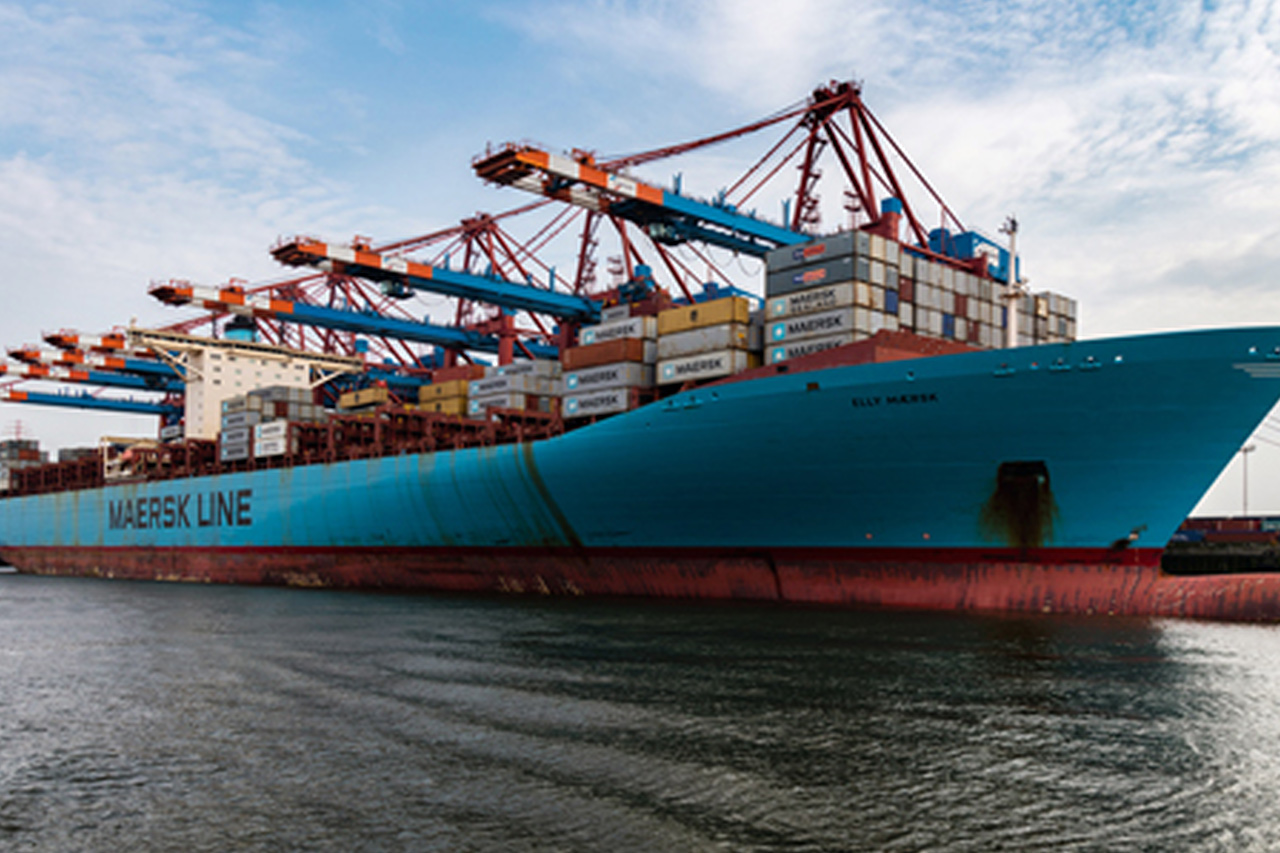1740 results found
Featured results



More results
The Øresund Fixed Link (the Link) is a combined bridge and tunnel link across the Øresund Sound (the Sound) between Denmark and Sweden.
This paper examines the impact of the STAR highway in the Philippines on public finance.

Good governance is key to excellence in infrastructure development. These five countries are showing the way.

Private investment in infrastructure projects in primary markets has been stagnant for seven years running


This publication is the result of a scoping study initiated by the Asian Development Bank to better understand the issues associated with the water-food-energy nexus in Asia and the Pacific.

The third global report, 2019 Global Infrastructure Investor Survey, also revealed that investor appetite for emerging markets infrastructure is levelling. Respondents identified recent trends in monetary policy normalisation and greater emerging market foreign exchange rate risk as factors that may be driving investors away.
Population growth and economic development, aggravated by climate change, will increase pressure on energy and water resources. Integrated planning can make the most of these two essential and scarce resources. Thirsty Energy, a World Bank initiative, helps countries address these issues and ensure sustainable development of both resources. This note focuses on the water needs of the power sector and particularly answers the following questions: Why is this issue important? Do power plants need all that much water? What about other types of plants? What are the challenges? and, What are our options?

Find out how the Inter-American Development Bank’s latest flagship report offers a sound methodology on ensuring infrastructure development fundamentally transforms people’s lives of people.
IFC worked with Timor-Leste’s new PPP Unit to deliver a transparent tender process that attracted globally reputable port operators. The key bid variable was the Viability Gap Financing subsidy required by each bidder after a very strict technical pre-qualification
This report compares Johannesburg’s Bus Rapid Transit with Its Latin American Siblings

This document explains the stages of project development and the level of detail that may be confidently provided to the public at each stage.

In 2012, the Hong Kong SAR Government proposed to construct a new 12-storey, circa 59,000 m 2 hospital in Tin Shui Wai to meet a growing demand for health services. The hospital was a complex project owing to the relatively tight timeframe, and modifications that evolved from the specialised user requirements.
The Solomon Islands National Development Strategy 2016–2035 called for greater use of renewable energy generation in the medium term, to service both urban and rural demand. It also called for opening the market to independent power providers.

This tool presented here in an Excel format was designed to evaluate the fulfillment of good corporate governance practices in primarily state owned water and sanitation companies in the region.


The Toolkit is a reference guide for public authorities in developing countries for the development of PPP programs in the highways sector, particularly in assisting in PPP policy development, project preparation and the sourcing and more.

This is a self-learning tool for city transport leaders and their advisers, but also a public resource that provides guidance in the planning, design, implementation, and evaluation of an ITS program.


This toolkit outlines a spectrum of tools that can help the countries navigate the evolving architecture of climate finance and seize opportunities for accessing finance for adaptation.


This toolkit is a resource designed to assist practitioners working on the next generation of PSP contracts for smaller water projects.

Infraclear has gathered one of the world’s biggest databases of infrastructure project agreements and developed machine learning and natural language processing algorithms to extract granular data on terms.
The Ministry of Energy and Infrastructure (MOEI), United Arab Emirates developed the sustainability tools to help project teams track, document, and monitor data relating to sustainability during the project lifecycle and to improve decisionmaking




 InfraCompass
InfraCompass







